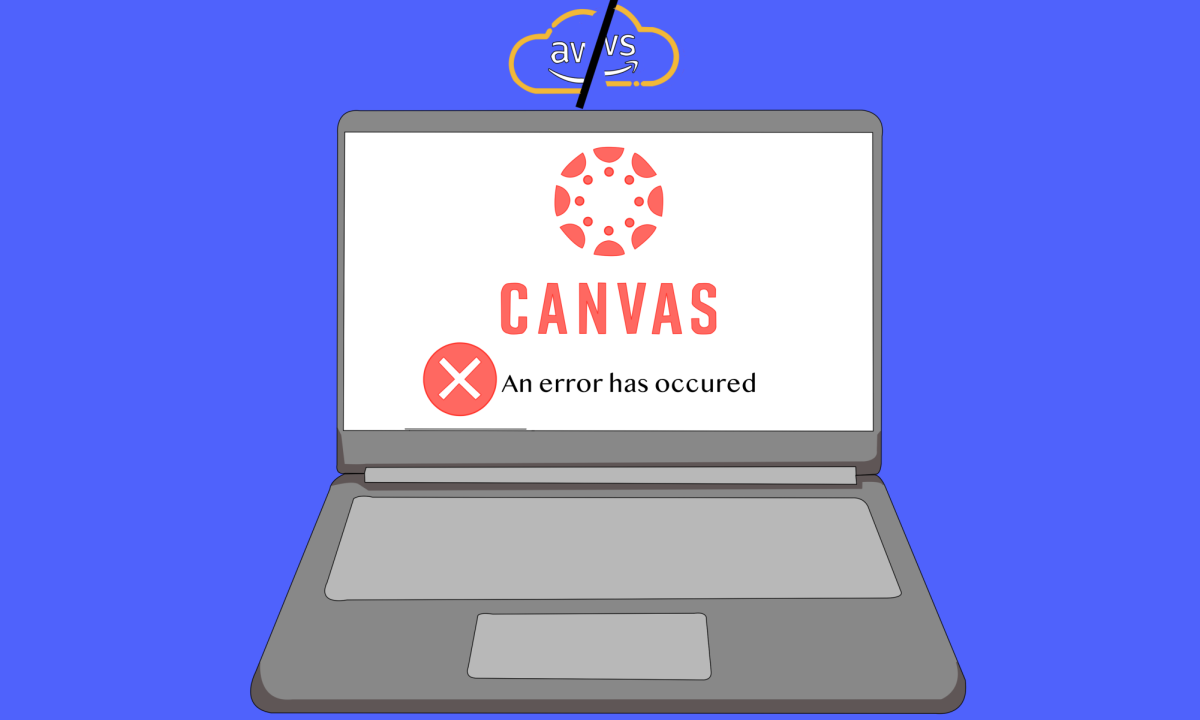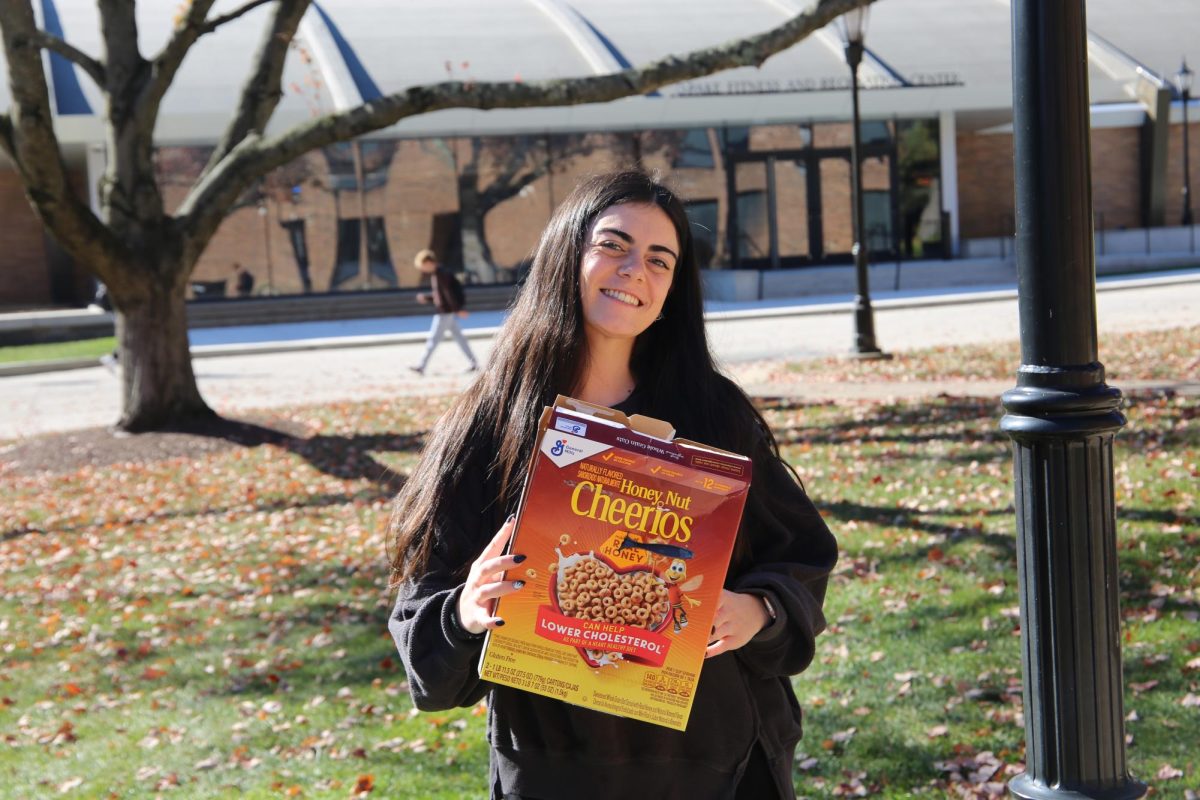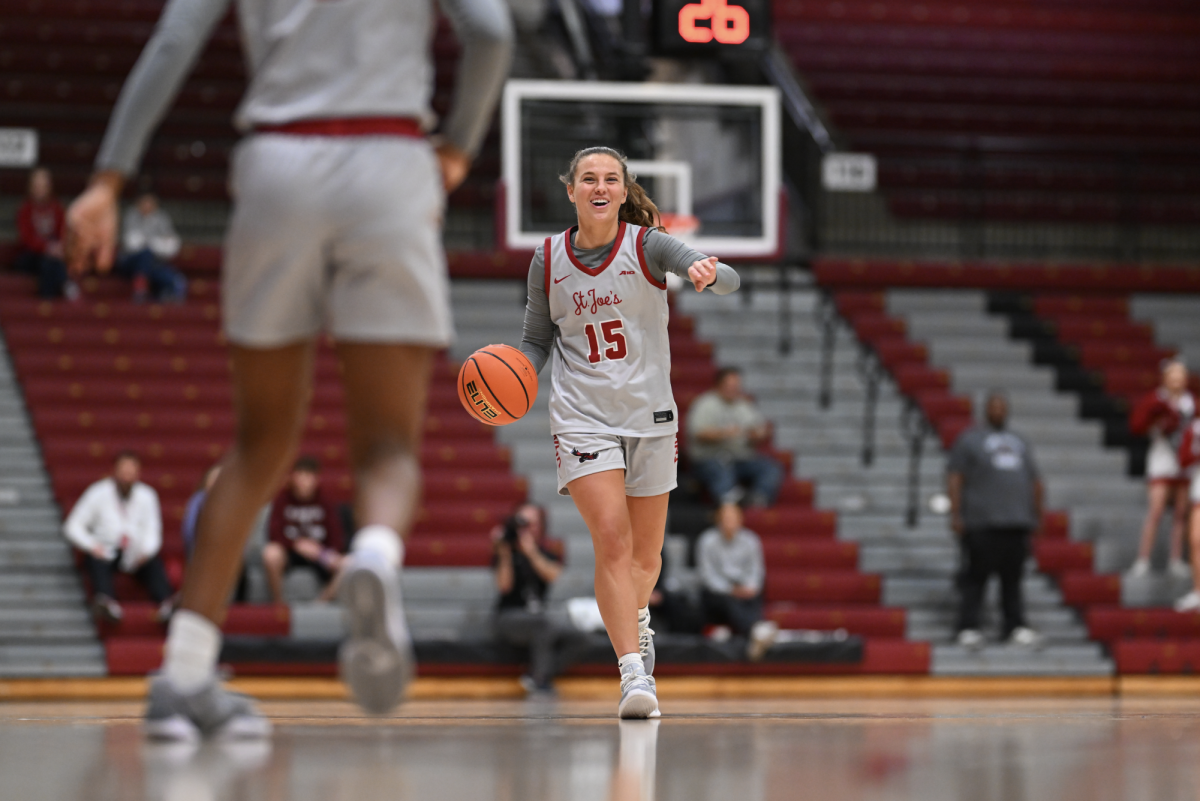Student Health Center sees increase in cases
The Philadelphia Department of Public Health alerted the Student Health Center on Feb.1 that flu activity in the Philadelphia area would rise starting the first week of February.
This year’s flu outbreak currently rivals the H1N1 or swine flu outbreak in 2009, according to the Center for Disease Control.
The Student Health Center has seen a rapid increase of students with flu-like symptoms since the start of the spring semester, according to Student Health Director Laura Hurst.
“I don’t have a hard statistic on how many students we’ve seen with flu-like symptoms, but our volume is definitely picking up,” Hurst said.
When a patient experiences muscle aches, respiratory issues, cough, sore throat, chills, fatigue and a high fever anywhere from 101 degrees to 103 degrees, the Health Center diagnoses it as the flu rather than just a cold, Hurst explained.
While high fever and body aches are usually the determining factor to diagnose the flu, it is still possible to have the flu without a fever, Hurst said. The flu can last up to a week, with symptoms being the worst in the first couple of days.
Annie Howath ’19 got the flu shot in October but still ended up catching the flu the second weekend of January.

“Out of nowhere, I woke up with a 102 degree fever,” Howath said.
Howath had a cough for about two weeks, lost her voice for one week and struggled to sleep at night. Like most people who catch the flu, Howath had to wait for the virus to run its course.
Antibiotics are ineffective because the flu is caused by a virus.
If needed, Health Center staff will give a student Tamiflu, an antiviral medication that helps reduce the harsh symptoms and the timeframe of impact, Hurst said.
“Students should visit the health center for antiviral medications if indicated within the first 48 hours of symptoms,” Hurst said.
Researchers from the CDC have reported that the flu vaccine is only 10-20 percent effective this year, and that the outbreak will likely last until April.
Anthony DelConte, M.D., assistant professor of pharmaceutical and healthcare marketing, said that students should still get the flu shot if they have not yet. The more students who get the shot, the less likely the flu will “ravage a whole class,” DelConte said.
If people who have been vaccinated end up with the flu, they might have a less severe form of it, DelConte said.
DelConte added that the flu shot itself cannot give a person the flu, but people can experience some negative symptoms after receiving it.
“Some people get some minor side effects that include soreness where the shot was given, a low grade fever and aches,” DelConte said.
Besides getting the flu shot, there are additional ways people can protect themselves and others from contracting the flu. The Health Center recommends students avoid large crowds, cover their mouths when they cough, wash their hands frequently and avoid touching their eyes, noses and mouths.
The CDC also recommends those who get the flu stay away from others for at least 24 hours.



















































